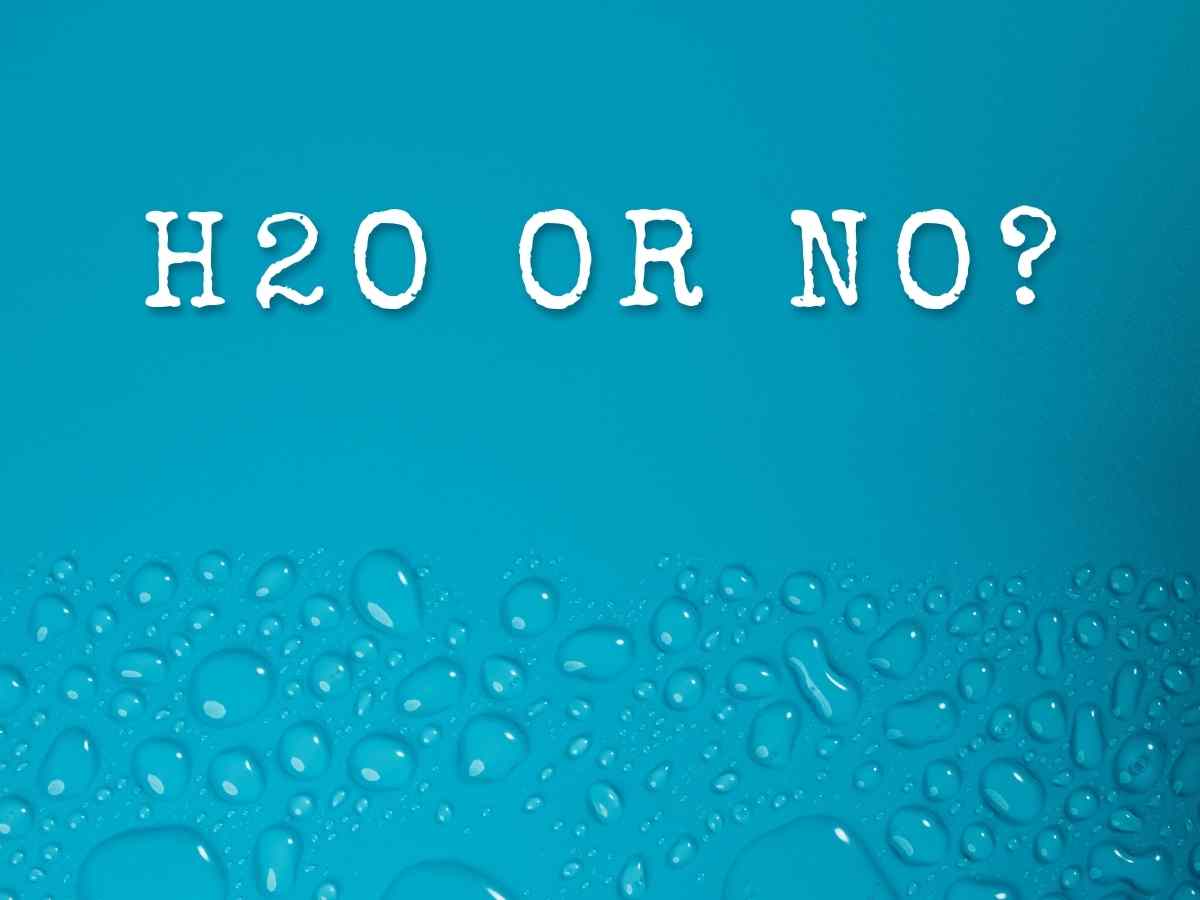how to reduce health risks associated with your water

We all know we need to be drinking enough water, especially in a dry state like Arizona. That perfect amount depends on your size/weight and many other factors like the type of diet, exercise level, etc. But, what else is important to know about water?
Well, it is important to know what is in our water. Sadly, much of the United States’ fresh water supply is polluted. Depending on where you live, tap water may contain varying amounts of chlorine, fluorine, trihalomethanes (THMs), arsenic, aluminum, lead, mercury, nitrates, pesticides, drugs, and hormones to name a few.
Some of these, like chlorine, is added to make our drinking water “safe” for consumption. Chlorine, used to disinfect tap water, kills bad bacteria and destroys intestinal flora. These friendly bacteria help to digest food, produce vitamins, absorb vitamins, reduce inflammation, and help with hormone production. This is all necessary to maintain clear healthy skin.
The presence of chlorine, both internal and external, can lead to acne, eczema, rashes, “sensitive skin” and other skin irritations. It also strips your hair and skin of natural oils which can lead to dry, brittle hair and dry, flaky skin.
To make matters worse, many of us are using other stripping agents in our facial/body cleansers, shampoo, and toothpaste like sodium lauryl sulfate, also known as SLS, which places us at even more risk for skin problems.
Stripping the natural oils off of our skin and gums allow the chlorine to penetrate the skin more easily causing more potential side effects. Think of your skin like a duck! We need some oil/hydration to protect our skin from outside variables. Yes, we need to stay clean, but not strip so much that we leave our skin vulnerable to environmental elements not intended to touch or penetrate our protective barrier. Especially when you factor in applying topical products with all kinds of questionable chemicals.
Chlorine also promotes free radicals in the body and the skin. Free radicals within the skin promote the aging process; just like sun exposure does, resulting in premature aging, fine lines, and pigmentation issues (brown spots). Also, free radicals and chlorine are cancer-causing. Tap water is linked to bladder, breast, bowel, and lung cancer. Long-term effects of drinking, bathing, and swimming in chlorinated water have been shown to cause malignant melanoma, aka SKIN CANCER!
so, what can i do to reduce health risks associated with contaminated water?
- Filtering your water is a must! Yes, it depletes the water of vital minerals necessary to deliver water to the cells in your body, but you can add that back to your water with something as simple as Himalayan Sea Salts or trace minerals like BLK water (my favorite). Trace minerals can taste nasty and salt water can be hard to choke down. I like BLK drops the best because it tastes like nothing.
- Use a home filtration system that filters chlorine and other harmful chemicals from all the water sources in your home.
- Use an Reverse Osmosis or some other kitchen filtration system on your kitchen sink so you can drink and cook with clean water.
- Use a universal water filter for your showerhead and bath faucet. Aquabliss and PUR are good brands you can buy on Amazon.
- If you have a chlorine pool, rinse off immediately after taking a dip with filtered water.
- Do not use or overuse skin and body products with SLS or too many stripping agents used together (AHA, scrubs, benzoyl peroxide). This will help eliminate unnecessary skin issues.
- Do not over wash or over scrub your skin.


